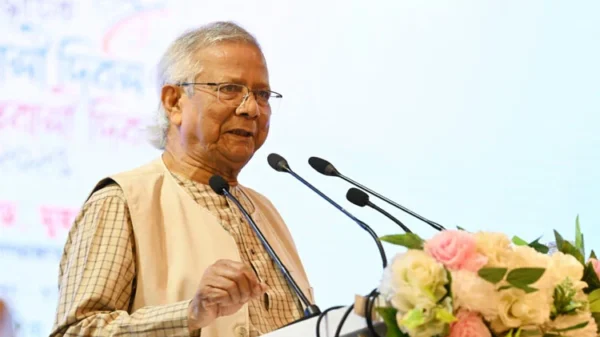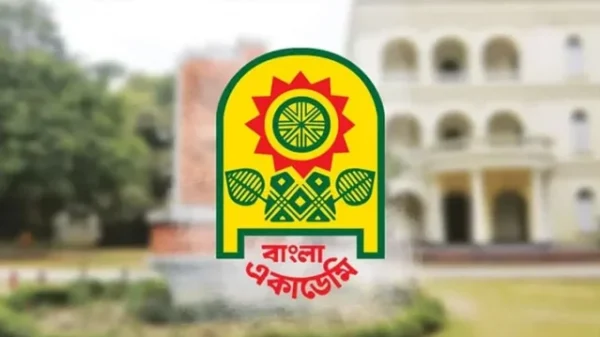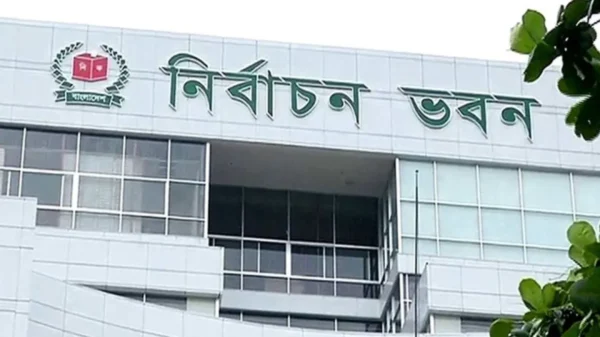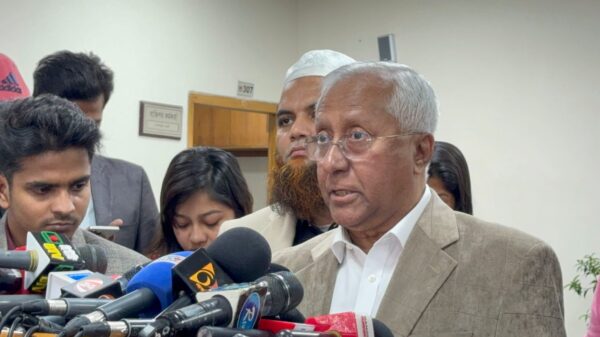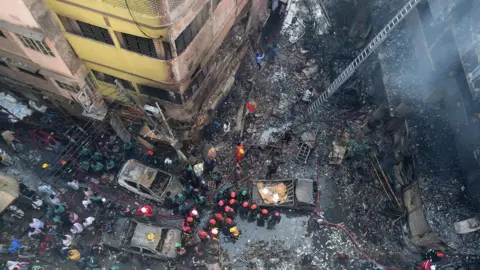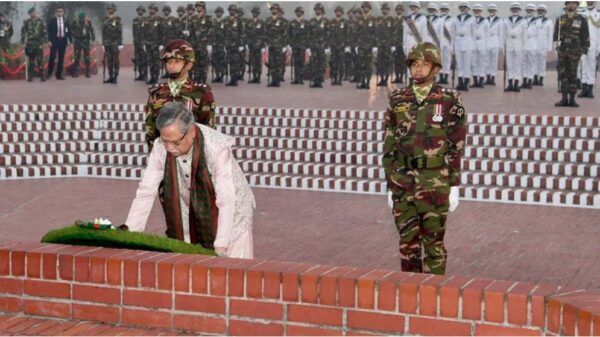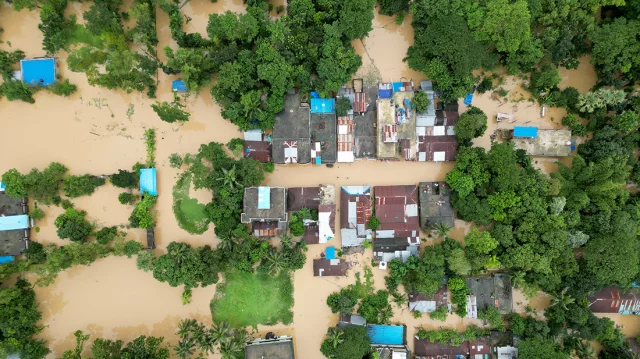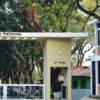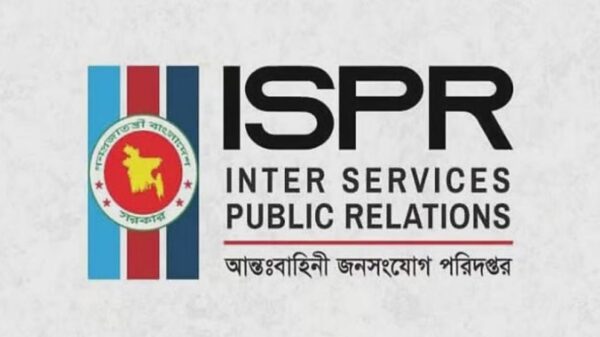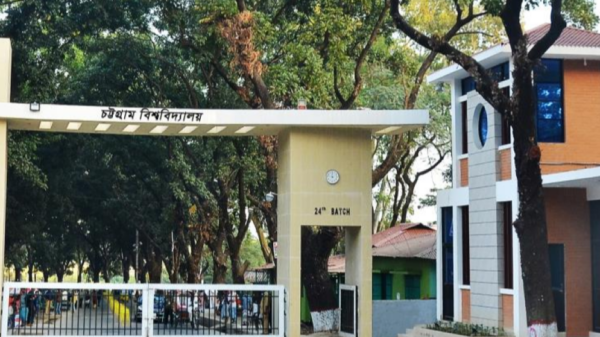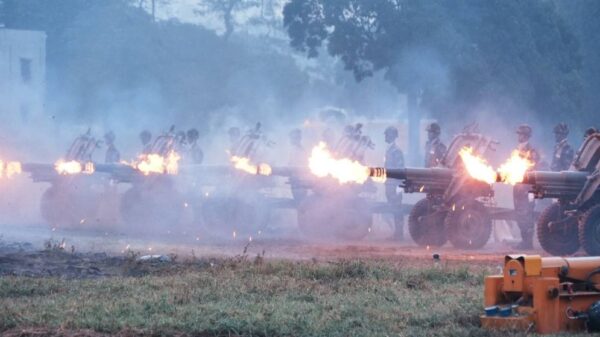Staff Reporter:
A rapid assessment by Oxfam in Bangladesh has uncovered the staggering impact of the recent floods in Feni and Noakhali, the hardest-hit districts.
The assessment showed that over 90% of the population has been severely affected, with nearly all shel-ters submerged, 48% completely destroyed, and 100% of sanitation and water facilities rendered unusa-ble, Oxfam in Bangladesh said on Tuesday.
As floodwaters slowly recede, the full scale of the destruction is becoming increasingly apparent.
With the loss of livelihoods, food insecurity is a growing concern, with 72% of affected families only able to eat twice a day, often insufficiently.
Ashish Damle, Country Director of Oxfam in Bangladesh said the situation is beyond anything seen in the recent past.
“Floods have affected millions, submerging homes and farmlands and devastating livelihoods. The loss of livestock and the uncertainty of the future weigh heavily on the minds of the affected communities,” he said.
Oxfam’s Country Director said, “If organizations like ours don’t stand by them, our existence is meaning-less. We must unite all resources to support them—not just now, but for the long road ahead.”
He said they are calling on the international community to stand with the people most affected by these floods. Rebuilding water and sanitation infrastructure will be crucial for their long-term recovery.
The sanitation crisis is particularly dire, with open defecation becoming commonplace due to destroyed facilities, heightening the risk of waterborne diseases.
Hosne Ara Begum, a 38-year-old Feni district’s resident, recounted her harrowing experience: “We spent days on the roof, with no food or clean water. The toilets were underwater, and we had no privacy. We had to use a saree (cloth) to cover and defecate on the roof. We’ve been sick, but there’s no other option. This flood has taken everything from us.”
Abdul Karim, whose home and livelihood have been devastated by the floods. “The water is overwhelm-ing this time,” Karim says, recounting how he sought shelter on the roof as the waters surged. His small vegetable shop, his only income source, is gone, and now he needs to start from scratch.
As relentless monsoon rains and rising river levels continue to batter Bangladesh, the country faces one of its most severe flooding crises in recent history.
The catastrophic floods began in August 2024 and have submerged vast areas across 11 districts, includ-ing Feni, Cumilla, Chittagong, and Sylhet, displacing over 500,000 people and affecting more than 5.8 million. With infrastructure, homes, and agricultural lands extensively damaged, communities need im-mediate and sustained support.
The affected communities immediately need safe drinking water, cash support, food packages, and hy-giene kits.



